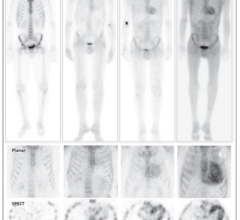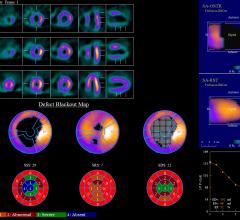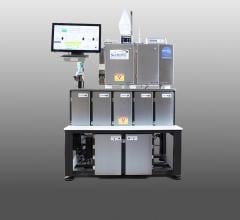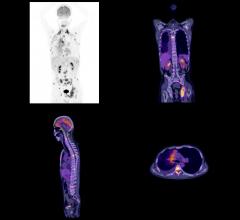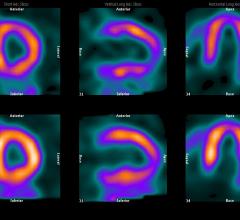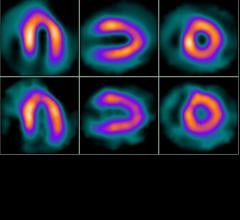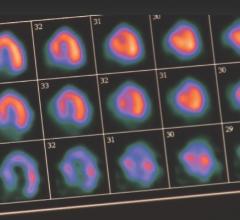November 20, 2012 — Lantheus Medical Imaging Inc. and two medical isotope producers have agreed to work together to help ensure supplies of potentially life-saving nuclear medicine using molybdenum-99 (Mo-99) sourced from low enriched uranium (LEU).
Lantheus announced that the company has extended its contract with NTP Radioisotopes (Pty) Ltd., a subsidiary of the South African Nuclear Energy Corp. Ltd (Necsa), to receive a significant and increasing supply of Mo-99 produced from LEU targets through Dec. 31, 2017. Under the terms of the five-year agreement, NTP and the Australian Nuclear Science and Technology Organization (ANSTO) will become the largest suppliers of LEU Mo-99 to Lantheus in the future. Lantheus actively supports the U.S. government initiative to encourage the use of LEU in the manufacture of medical isotopes.
The extended agreement also provides for a separate supply of Mo-99 from the Institute for Radioelements (IRE), giving Lantheus access to a reliable and globally diversified supply of Mo-99 for the duration of the extended term. The ongoing supply relationships with NTP, ANSTO and IRE provide Lantheus with access to Mo-99 from three processing facilities and six research reactors in Africa, Australia and Europe. Additionally, Lantheus continues to receive Mo-99 from its Canadian supplier; this agreement has also recently been extended.
“This agreement, combined with our recent agreement with our Canadian supplier, achieves our goal of securing a globally diversified and balanced Mo-99 supply chain to meet the needs of the nuclear medicine community now and well into the future,” said Don Kiepert, Lantheus president and CEO. “Additionally, we are committed to promoting global nuclear safety by continuing to increase our use of LEU-sourced Mo-99. This agreement with NTP further demonstrates that commitment. In 2010, we were the first company in North America to gain U.S. Food and Drug Administration (FDA) approval for the commercial sale and distribution of a technetium generator using Mo-99 produced from LEU targets.”
“A global milestone was achieved in June 2009 when the SAFARI-1 reactor started up its core without any highly-enriched uranium (HEU) fuel,” said Phumzile Tshelane, CEO of Necsa and chairperson of the NTP Radioisotopes Board of Directors. This accomplishment marked the beginning of the first-ever LEU-based production process of Mo-99, which resulted in the successful delivery of the first commercial scale shipment of this product into the United States in July 2010.
Tshelane drew attention to the announcement made by Necsa/NTP during the “Next Generation Nuclear Security Summit” held in Washington in 2010, where Necsa/NTP committed to supply LEU-based medical isotopes to the United States. “We are proud that a purely South African technological advancement has contributed so significantly to nuclear non-proliferation efforts, while simultaneously enhancing the lives of millions using nuclear medicine. This firmly illustrates both South Africa and Necsa/NTP’s commitment to the utilization of nuclear technology for peaceful purposes,” said Tshelane.
“The importance of our collaborative efforts to provide medical isotopes derived from LEU has been described by the U.S. National Nuclear Security Administration as a critical step toward moving away from the use of HEU in medical isotope production around the world,” said Adi Paterson, ANSTO CEO. “These efforts led ANSTO, NTP and Lantheus to be named runners up in a poll of '2011 Arms Control Persons of the Year' for our groundbreaking work to produce medical isotopes using LEU instead of HEU. We believe that demand for LEU moly will increase on a global basis as more customers embrace nuclear non-proliferation goals.”
"We support this agreement between Lantheus and our colleagues and are willing to actively contribute to the global security of supply of medical radioisotopes, particularly in the United States,” said Jean-Michel Vanderhofstadt, director general of IRE. “Also paramount is our full commitment for the fastest possible conversion of our process and facility to a unique solution for the secure manufacturing of medical radioisotopes based on non-HEU derived processes. Our technical cooperation with NTP and ANSTO is a valuable asset in that respect. This conversion program is currently running full steam ahead in our Belgian plant, with the most appreciated support of the DoE and our authorities in Europe."
For more information: www.lantheus.com, www.ntp.co.za

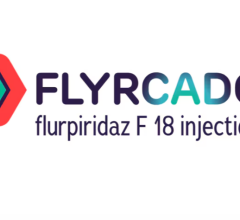
 March 25, 2025
March 25, 2025 


